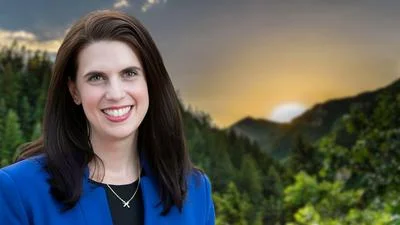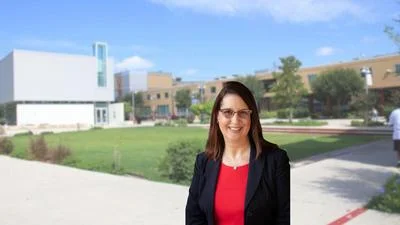The University of Texas at El Paso (UTEP) has instituted diversity, equity and inclusion (DEI) into the university’s curriculum and hiring practices.
According to the Statement on DEI released by the College of Engineering, UTEP has 10 steps to address DEI: No. 1: “Develop a deeper understanding of the root causes of systemic discrimination” in order to exclude any form of bias from the community; No. 2: Have guest speakers on the DEI topic; No. 3: Promote DEI in “improving our strategic plan, policies, procedures, hiring, resources, teaching and learning, student support systems, attitudes and behaviors”; No. 4: Teaching “a culture of inclusion” and respect; No. 5: “Create safe environments in which all people can enhance their professional and academic talents and exercise their rights without fear of discrimination, retaliation or ridicule”; No. 6: Accountability; No. 7: Celebration of the history of indigenous cultures; No. 8: Administrative oversight into failures by groups in implementing DEI; No. 9: Plans of action and resources for faculty, staff and students and No. 10: Listen and adhere to the community.
The UT El Paso College of Engineering statement on DEI includes: “Start and maintain conversations to promote equity and equality by examining and improving our strategic plan, policies, procedures, hiring, resources, teaching and learning, student support systems, attitudes and behaviors.”
The Student Engagement and Leadership Center at the university has inclusion and advocacy programs that “aspire to be the beacon of equity.” They define diversity and inclusion as: “socio-economic status, veteran status, first-generation status, race/ethnicity, nationality, religion, age, gender identity, gender expression, sexual orientation and other social identity dimensions that are a critical part of UTEP.”
Some inclusion programs and events are: Quench Series (Queer+Lunch), This Matters (progressive conversations), Ally Week (becoming allies with underrepresented groups), Love your Body Week, and Mindful Mondays. These inclusion programs' goal is to be a voice for minority groups and to celebrate differences and diversity in people and organizations.
Inclusion trainings are online workshops organized by the university to explore “diversity, privilege and identity.” Faculty, staff and students can request training online. Some of the trainings are titled, “My life map,” “Who’s story is it?” and “I am Poem” all with the goal of self-exploration and how one fits into their culture and community at UTEP.
Human Resources lists a job description for a faculty business administration role. The description reads, “[UTEP] is committed to an open, diverse and inclusive learning and working environment that honors the talents, respects the differences and nurtures the growth and development of all. We seek to attract faculty and staff who share our commitment.” All current job applications list a similar description.
The Handbook of Operating Procedures lays out an employment policy that states the university’s commitment to using DEI in hiring. UTEP describes itself as an “Equal Opportunity/Affirmative Action Employer” that uses the inclusive employment policy through all parts of hiring, “including recruitment, promotion, compensation, benefits and training.” The policy measures qualifications, merit, achievements and performance evaluations. The university has also “increased recruitment efforts to assure that qualified minorities, women, veterans and individuals with a disability are represented in the applicant pool and are evaluated equitably by search committees or administrative personnel.” Along with unbiased employment practices, UTEP uses DEI programs and recruitment protocols to hire minority groups to faculty and staff positions.
Lone Star Standard did not receive a response for a request for comment from UTEP.
According to an American Enterprise Institute (AEI) study, those in favor of implementing DEI in the process for hiring university faculty and staff are excited for the inclusiveness and open opportunities it provides, especially for minority communities. Those who oppose requiring DEI in the hiring process and workplace view the tactic as adhering to what is politically correct. Critics argue there has been a flip in hiring from quality and scholarship to now purely based on a candidate’s knowledge and experience with DEI. Critics suggest DEI is becoming much more important than basic qualifications at most universities. This leads to ideological conformity where candidates are removed from the pool of applicants purely for displaying poor DEI statements or not having the correct DEI experience.
In a data collection study done by AEI, it was questioned whether the strategic diversity plans put in place by universities actually attain their goals. Seeing no evidence on the betterment of campus climate or research productivity, they conclude requiring DEI in the hiring process has instead a fundamentally political end.









